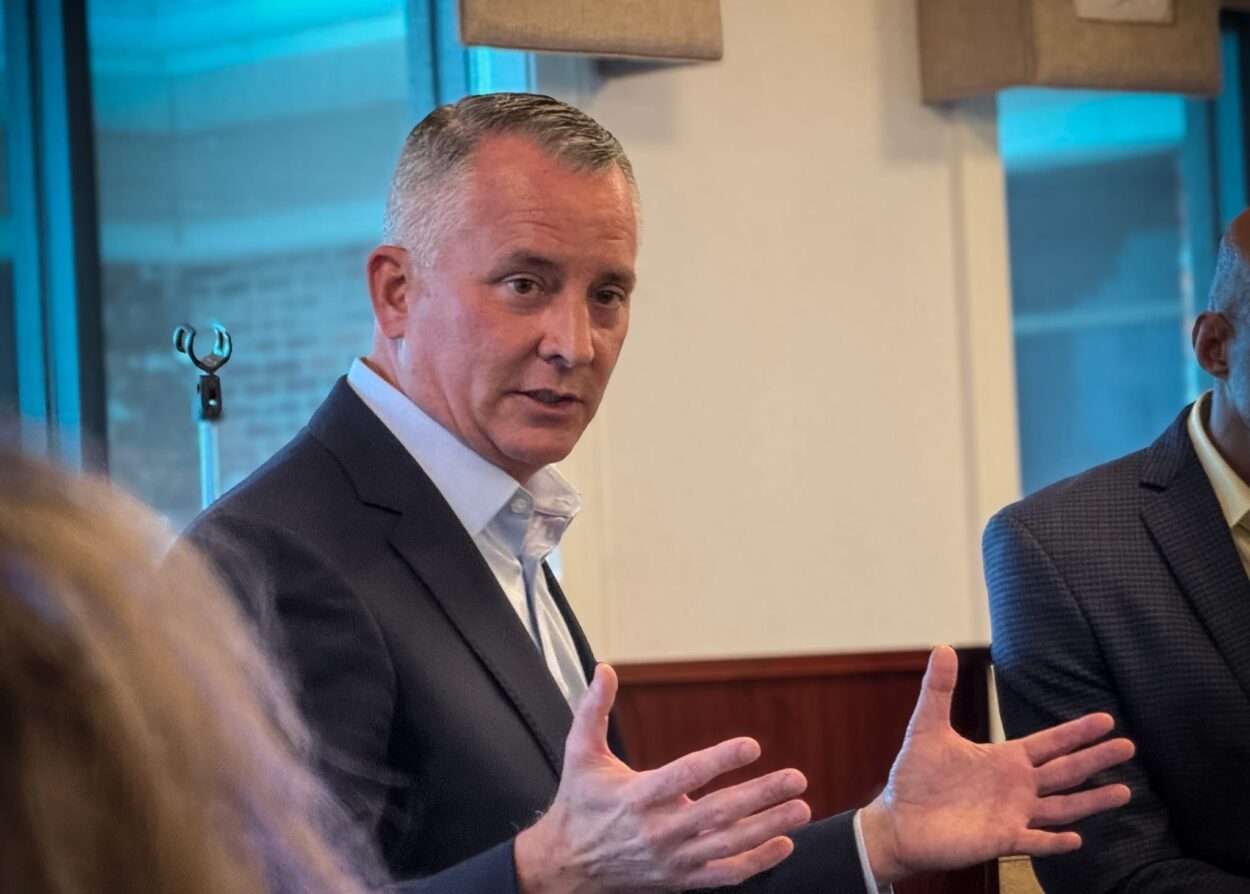By Driena Sixto
The success of Myles Russ, head coach of Keiser University’s football team, is a powerful reminder of why where you to go to school matters. When Russ took over as head coach in January, Keiser’s Seahawks had just lost their head coach and five assistant coaches. Key players transferred, and the team had a daunting task ahead. Yet, nine months later, Keiser is celebrating its third undefeated season, a Sun Conference title, and the No. 1 seed in the NAIA playoffs. This remarkable achievement came not only from talent on the field but from a commitment to building on the university’s strong foundation—a lesson that all students can take to heart when selecting their own college.
Choosing a school isn’t just about finding a place to live for a few years. It’s about picking an environment that can shape your academic, personal, and professional trajectory in ways that extend far beyond graduation.
At Keiser, Russ’s deep knowledge of the program allowed him to maintain continuity, even as he rebuilt the team. Similarly, students choosing a college should look beyond just the campus aesthetics or location—they should consider the academic environment. A university’s rigor, its faculty, and its research opportunities are essential in determining whether a student can truly thrive in their chosen field.
Just as Keiser’s football program benefited from Russ’s prior experience, students should evaluate how well a school aligns with their academic and professional goals. Universities with strong academic cultures provide opportunities for mentorship, networking, and skill-building—elements that can transform a student’s career and academic success.
Success on the football field also depends on strong teamwork and a supportive culture. Russ’s leadership ensured the team stayed unified through a difficult transition. Similarly, students thrive when they find themselves in a campus culture that values inclusivity, engagement, and personal growth. Whether through clubs, organizations, or athletic teams, the sense of community on campus can make all the difference in a student’s academic and social life.
Students who find their “fit” in terms of campus culture are more likely to feel a sense of belonging, leading to better academic performance and a more fulfilling college experience. Schools that foster trust, collaboration, and a commitment to personal development offer the best environment for students to grow into leaders, just as Russ’s players grew under his guidance.
Keiser University’s success story also owes much to the visionary leadership of Belinda Keiser, the university’s vice chancellor. Recently recognized as one of Florida’s most influential business leaders by Florida Trend’s 2024 Florida 500, Belinda Keiser has dedicated her career to advancing education, workforce development, and social mobility. Her leadership has been instrumental in transforming Keiser University into Florida’s largest private, not-for-profit university, serving over 20,000 students at 21 campuses in Florida and internationally.
Keiser’s leadership has shaped the university’s academic environment, focusing on accessibility, community service, and innovation. Under her guidance, Keiser University has become a leader in nursing graduate production, helping address Florida’s critical healthcare workforce shortages. Through her advocacy for social mobility, Keiser has developed initiatives like the Keiser Mills Foundation, which has awarded over $72 million in scholarships, making higher education more accessible to deserving students.
Belinda Keiser’s inclusion in the Florida 500 reflects her impact beyond the classroom. Her vision for Keiser University has not only fostered growth within the institution but has also created pathways for students to succeed in a competitive job market. This kind of leadership makes Keiser University more than just a place to earn a degree—it’s an institution dedicated to shaping future leaders.
The goal for Keiser’s football program isn’t just to win games—it’s about preparing for national championships. For students, choosing the right college is also about long-term outcomes. Where you go to school can significantly impact your career trajectory. A school’s reputation, its alumni network, and its career services can open doors to internships, job opportunities, and professional connections.
At Keiser, Russ’s leadership has created opportunities for his players, just as students benefit from attending universities that offer strong career support, internships, and industry connections. It’s not just about getting a degree—it’s about ensuring that the education you receive leads to real-world opportunities.
Myles Russ’s success at Keiser University is a testament to the importance of a strong foundation, leadership, and a shared commitment to excellence. But for students, the right university can provide the same type of foundation for lifelong success. Choosing the right school is about more than just picking a place to live for a few years—it’s about finding an environment that nurtures your growth, fosters opportunities, and aligns with your long-term goals.













